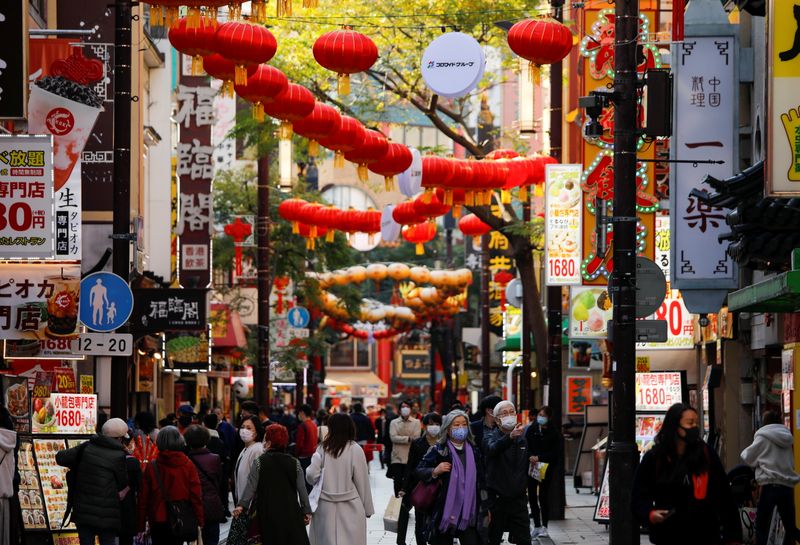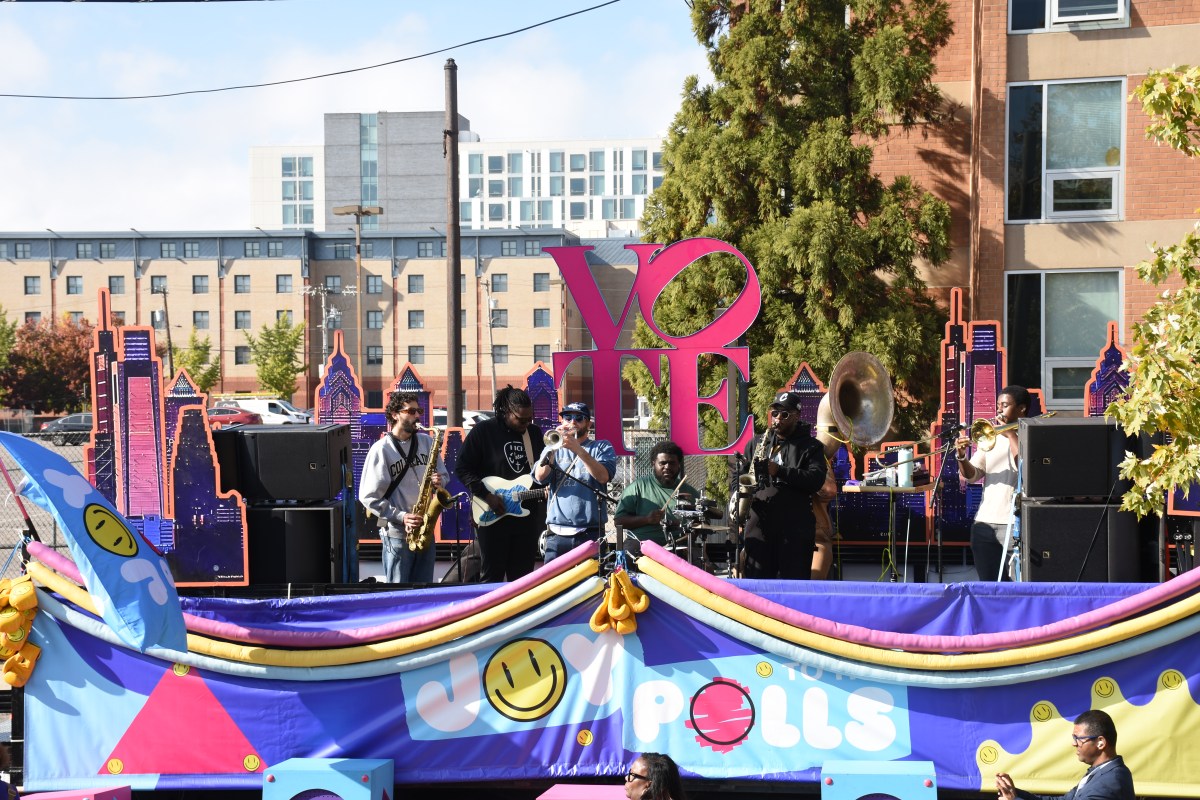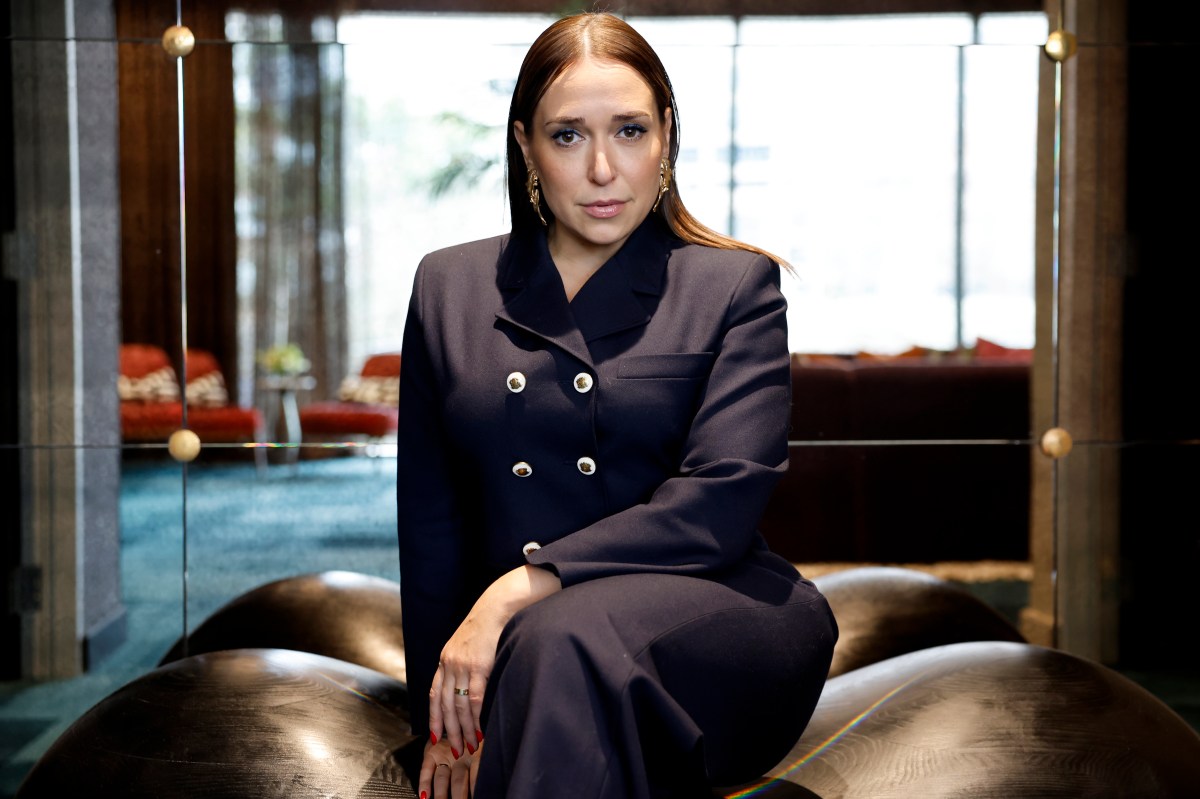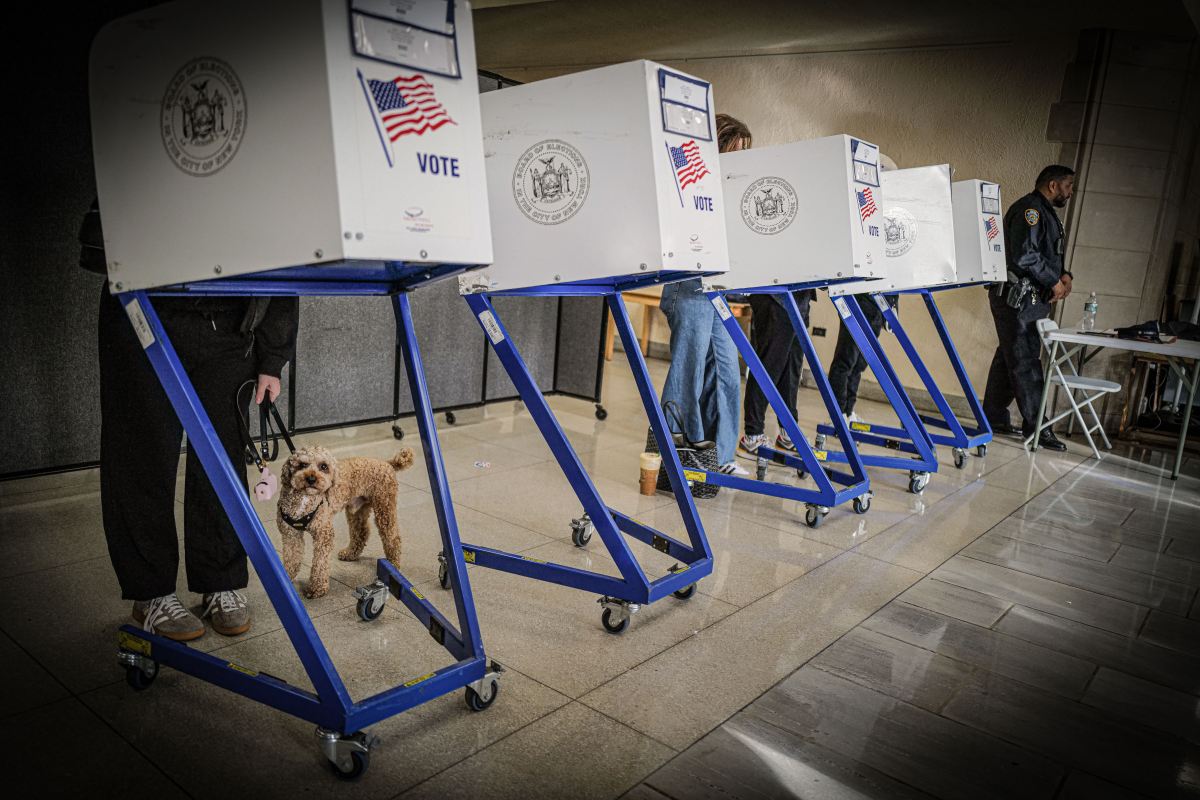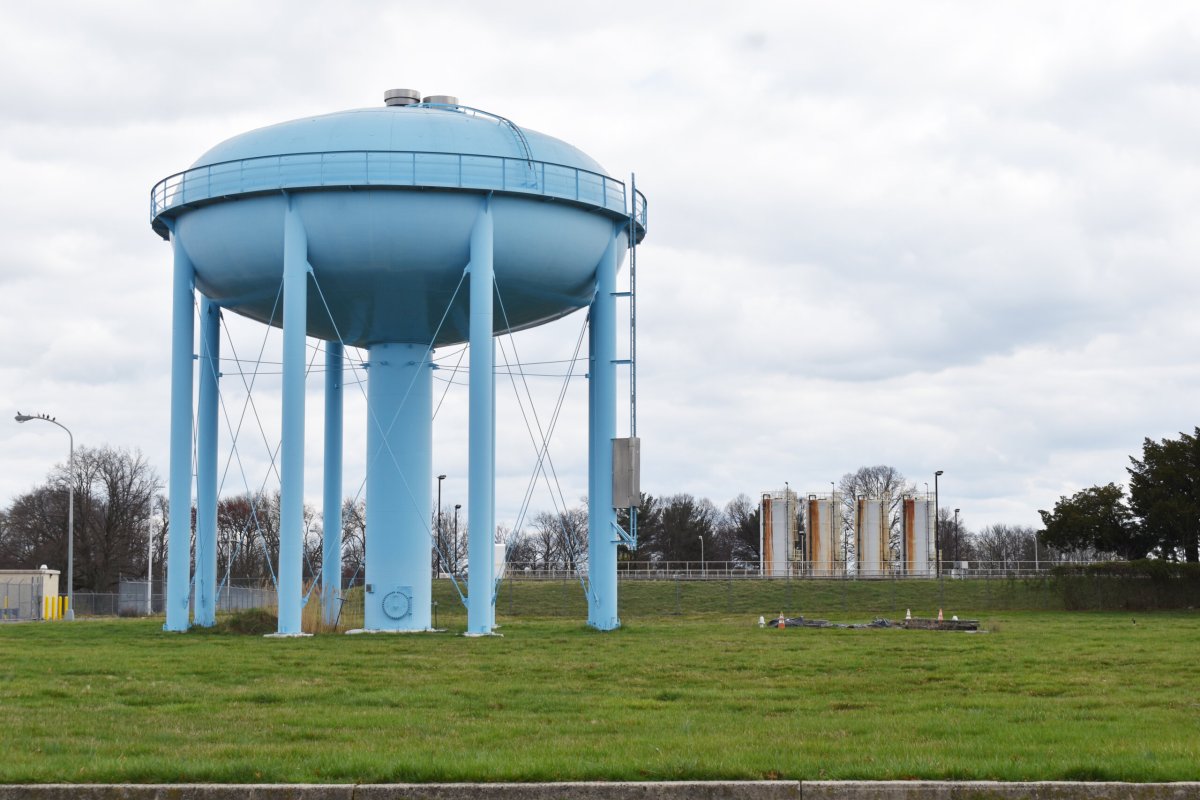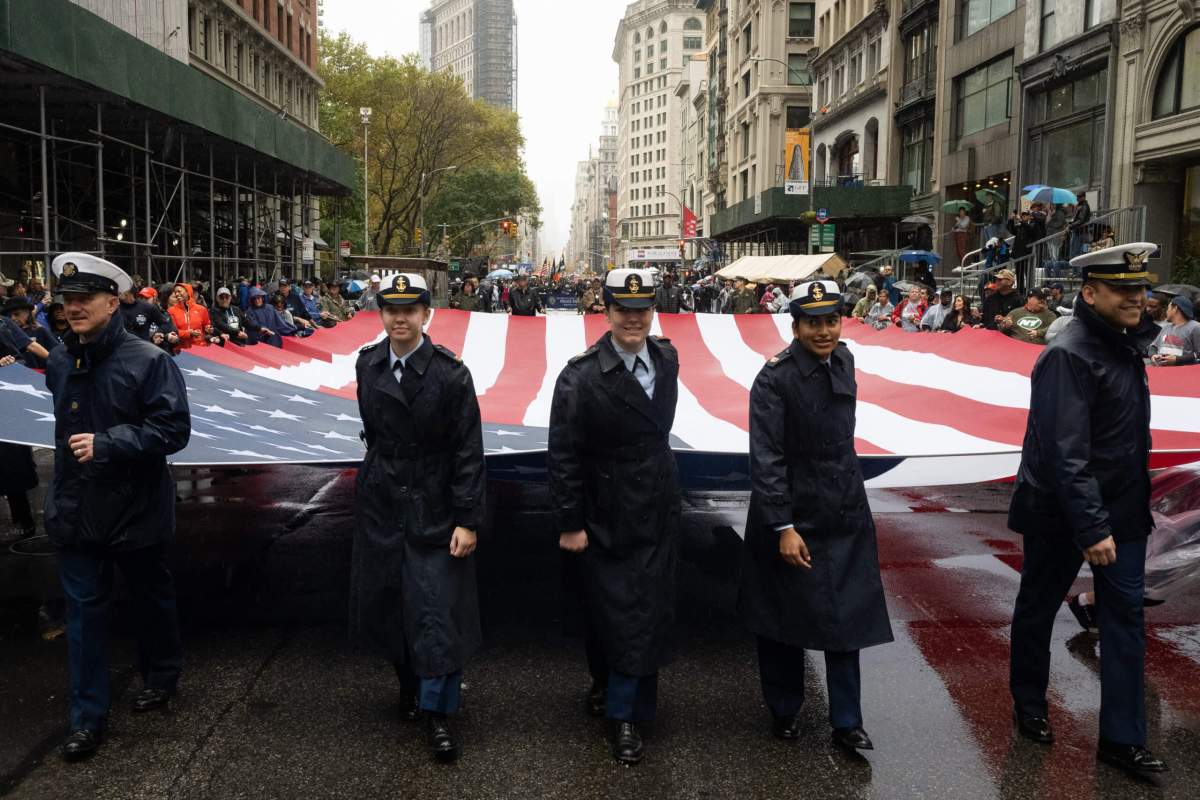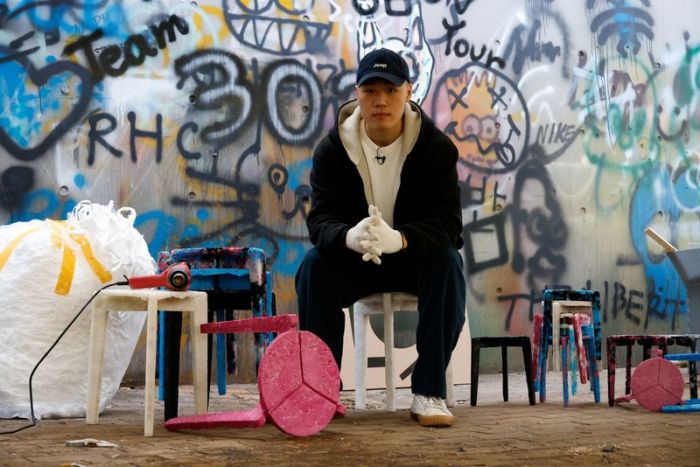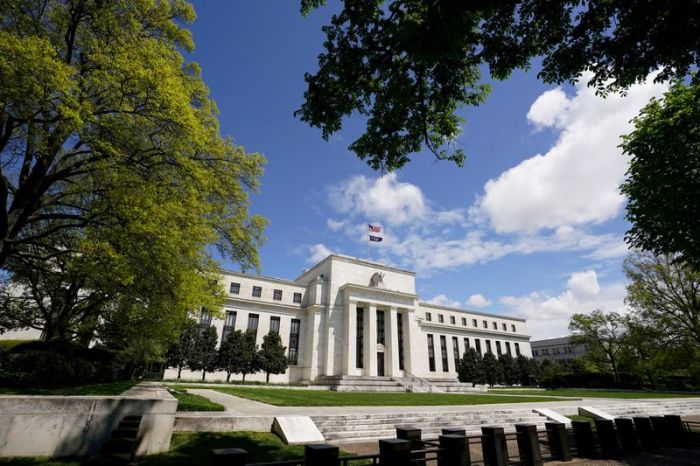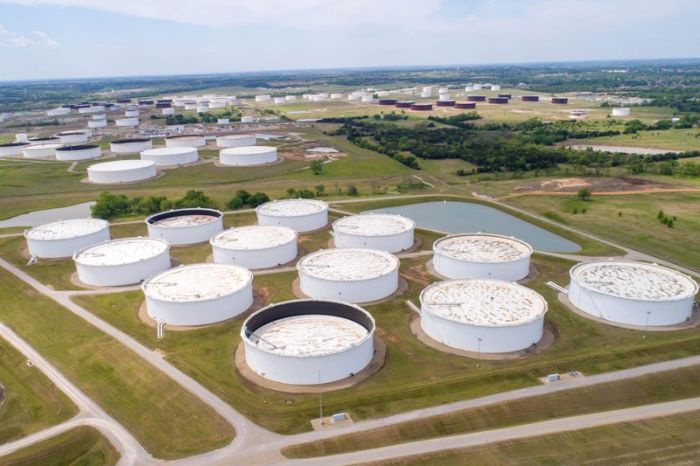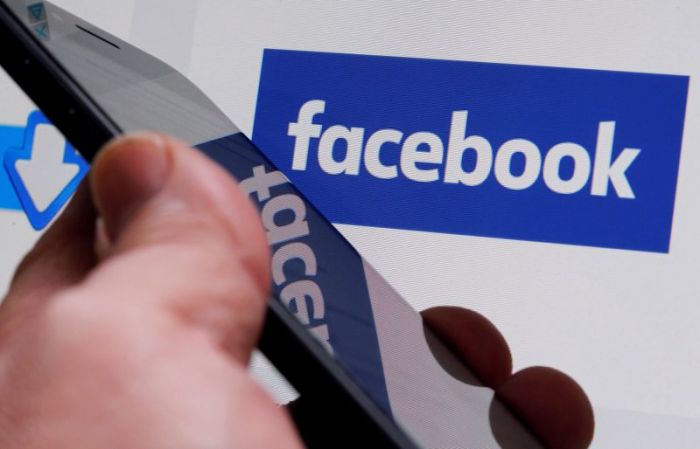TOKYO (Reuters) – Japan’s government urged people on Friday to spend a “quiet” year-end after daily coronavirus infections hit a record, but said it would keep providing subsidies to promote tourism despite media reports that it may pause the campaign.
“The reports are not true, we will continue to operate it in an appropriate way, striving to prevent infections spreading,” the government’s top spokesman, Chief Cabinet Secretary Katsunobu Kato, said at a regular press briefing.
New coronavirus infections in Japan reached 2,848 cases on Thursday, the most in a single day since the pandemic began.
Japanese Prime Minister Yoshihide Suga said in an online town hall that while the contagion situation is tense, he was not considering an immediate halt to his signature domestic travel campaign.Local media reports had said the administration was mulling a pause in the campaign for around two months at the year-end and into the New Year as public opinion had shifted to supporting a halt.
Suga’s government has so far defended the subsidies as necessary to keep hotels and airlines in business and revive an economy hurt by a pandemic that has kept people at home.
At a separate briefing, Shigeru Omi, chairman of the government’s coronavirus research panel, outlined scenarios that would call for stronger measures, but that those decisions would ultimately have to be made by central and local governments.
Suga’s administration, which this week announced a fresh $708 billion economic stimulus package, said on Friday it would also use 385.6 billion yen ($3.7 billion) of emergency budget reserves to fund a shortfall in the travel campaign, which is set to run until the end of June.
A report this week from researchers at the University of Tokyo and University of California, Los Angeles (UCLA) found a higher incidence of COVID-19 symptoms among people participating in the travel campaign compared with the general public.
Experts say colder, dryer winter weather that keeps people inside and helps transmission could mean more infections, while traditional year-end and New Year celebrations with family and friends put people at greater risk of exposure.
“It’s important that citizens cooperate a little by spending a quiet year-end and New Year.” Kato said.
Japan won’t begin mass inoculations against the virus until next year at the earliest. It has ordered 290 million vaccine doses from Pfizer Inc, AstraZeneca Plc and Moderna Inc and plans to buy 10,500 deep freezers to store them in.
($1 = 104.0300 yen)
(Reporting by Tim Kelly; Editing by Raju Gopalakrishnan and Richard Pullin)

